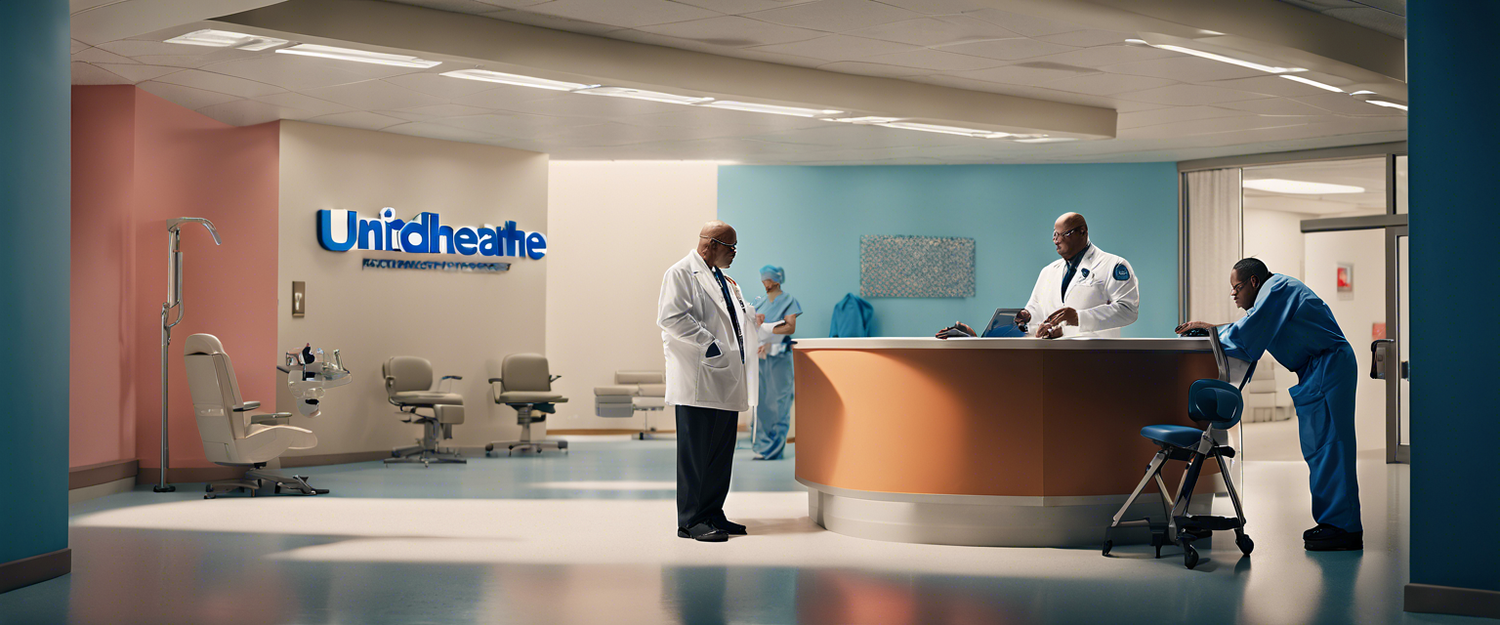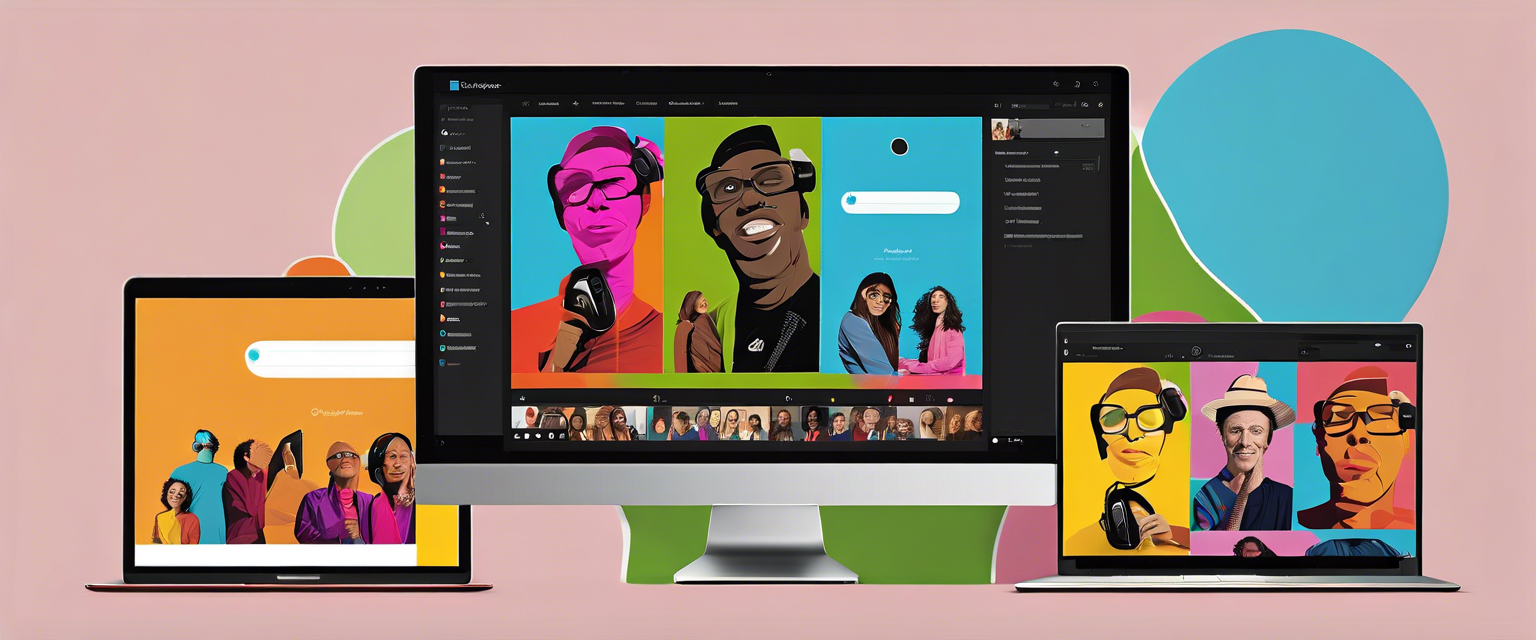Understanding the Phenomenon of Celebrity Criminals: The Case of Luigi Mangione
Recently, Luigi Mangione has become a name echoing across social media platforms, captivating the public's interest and sparking a heated discussion. From fanfics to merchandise, his notoriety surpasses that of a typical criminal case, raising questions about our society's relationship with crime and celebrity. This article will delve into the implications of his case and the broader phenomenon of celebrity criminals.
The Rise of Luigi Mangione
Once known merely as the alleged murderer of UnitedHealthcare CEO Brian Thompson, Mangione's profile has evolved into that of a controversial public figure. His face, once associated with criminal acts, is now ubiquitous across platforms such as Twitter and Reddit. This transformation highlights a disturbing trend: the celebration of killers rather than a condemnation of their actions.
Murder as a Social Media Sensation
The days of avoiding the glorification of criminals seem to be waning. Social media platforms, which previously suppressed discussions about high-profile assassins like Kyle Rittenhouse, are now allowing open discourse and even fetishizing these figures. Reports show more than 100 fanfics about Mangione are available on Archive of Our Own. This shift raises the question: What has driven society to romanticize the actions of murderers?
Historical Context: Murder and Fame
The fixation on criminals isn't a contemporary phenomenon. Throughout history, individuals like Charles Manson and the Columbine shooters have garnered cult followings. Tufekci's insights into the cyclical nature of violence and media attention suggest that modern dynamics, fueled by the immediacy of social media, amplify these troubling trends.
The Symbolism of Violence in Capitalism
Thompson's assassination was more than just a violent act; it became a symbol of the systemic failures within the healthcare industry. Many perceive him as a representation of corporate greed and the frustrations arising from profit-driven healthcare systems.
Public Reactions and Protest
The public's response to Thompson’s murder is indicative of a growing disillusionment with the healthcare sector. Users on platforms like Reddit have criticized UnitedHealthcare, using humor to mask their anger while also highlighting wider systemic issues. Celebrities like Mangione inadvertently shape narratives that reflect societal discontent.
Consequences of Violence: A Shift in Corporate Policies
Interestingly, the fallout from Thompson's death has also led to some corporate actions, albeit slow and reactive. For instance, Anthem Blue Cross Blue Shield reversed a decision regarding anesthesia reimbursement limits just two days after the murder. This suggests that while the violence is condemned, the structural changes in corporate practices may be spurred by fear rather than moral obligation.
Is Political Murder the New Norm?
As seen through the lens of Mangione’s case, there’s a foreboding acceptance of violence in political discourse. His actions and the subsequent adulation indicate a cultural shift where political murder is almost normalized in public dialogue.
Conclusion: Rethinking Our Fascination with Criminals
Luigi Mangione's case serves as a critical reflection point for society. It compels us to reassess our fascination with individuals who commit heinous acts of violence and the impact of social media in amplifying their legacies. If we hope to disrupt this cycle of glorification, a collective shift in how society views murder and its perpetrators is essential.
For those interested in exploring more about the societal implications of celebrity killers and political violence, check our other articles on this topic.



Lasă un comentariu
Toate comentariile sunt moderate înainte de a fi publicate.
Acest site este protejat de hCaptcha și hCaptcha. Se aplică Politica de confidențialitate și Condițiile de furnizare a serviciului.